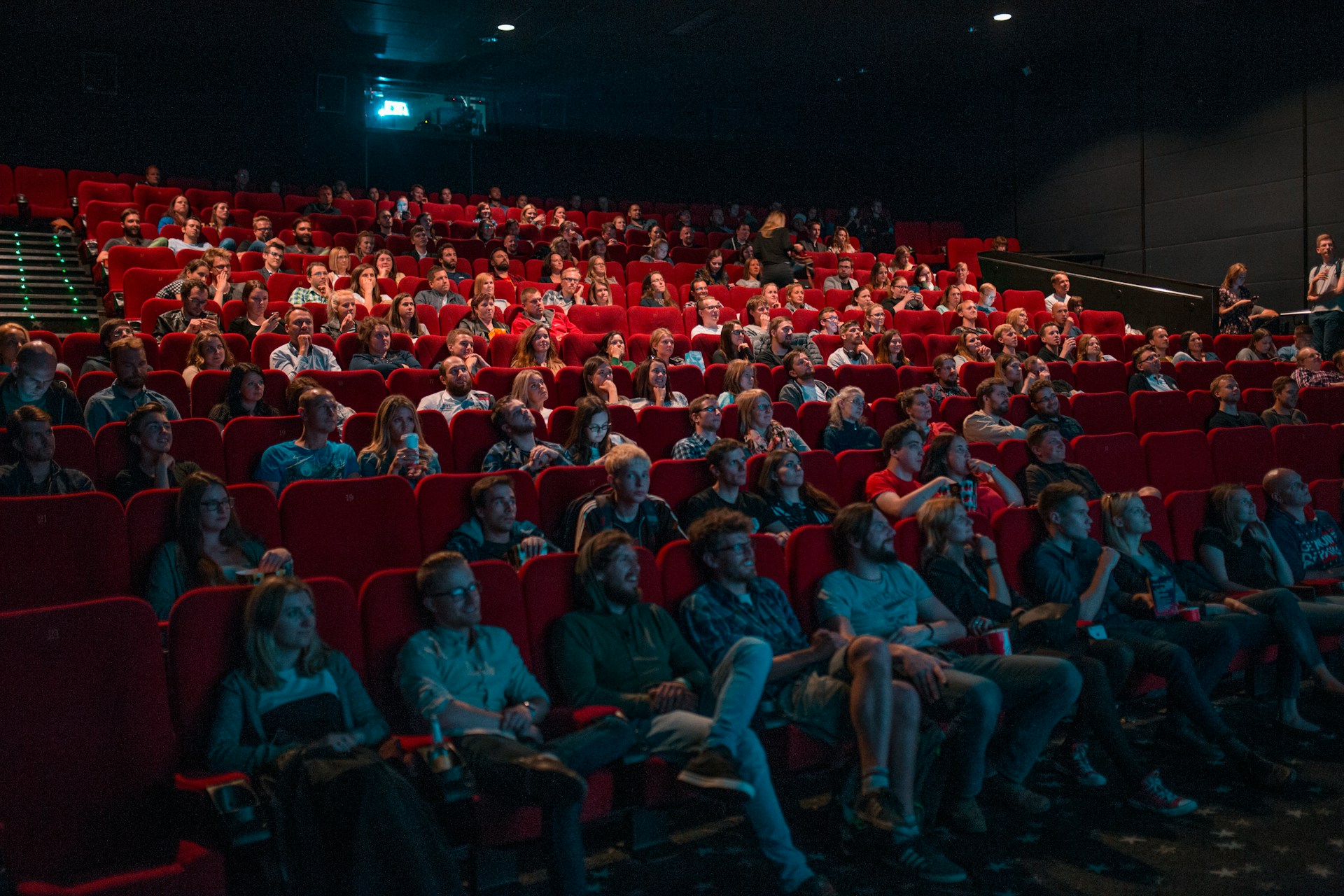A Professional Matchmaker in the Heart of New York
Marriage is often considered a sacred union—a lifelong promise between two people. Lucy (played by Dakota Johnson), a thirty-something professional working in New York, is at the very centre of this societal ritual. As a successful matchmaker for the elite agency Adore, akin to South Korea’s Duo, Lucy has already arranged nine weddings, earning a reputation as one of the agency’s finest.
Outwardly, she is the embodiment of romantic faith, reassuring clients that their soulmate awaits. But behind the scenes, her perspective is rather clinical. “My job isn’t much different from working in a morgue or an insurance firm,” she remarks. Age, height, education, income, appearance — everything is sorted into categories, and matches are based on these standardised metrics. Though Lucy is passionate about her profession, she remains personally disenchanted. Unless a suitor comes with unimaginable wealth, she sees little reason to marry.
Two Men, Two Paths: Who Will She Choose?
In The Materialist, Lucy’s structured world is disrupted by the arrival of two very different men. The first is Harry (Pedro Pascal), the brother of one of her clients, whom she meets at a wedding she arranged. Suave, mature, well-mannered, and fabulously wealthy from his career in finance, Harry ticks every box. In matchmaking terms, he’s the mythical “unicorn” — the man who seemingly doesn’t exist.
Then there’s John (Chris Evans), Lucy’s former boyfriend, whom she unexpectedly encounters at the same wedding working as a part-time server. A struggling theatre actor still living in a cramped New York flat with two flatmates at age 37, John is the very opposite of Harry. One represents wealth and status, the other nostalgia and heartfelt emotion. Lucy stands at a crossroads between her former love and the dream partner every client yearns for.
Celine Song Returns With Another Provocative Romance
After winning critical acclaim for her debut Past Lives, Korean-Canadian director Celine Song returns with The Materialist, her second feature and latest project with acclaimed studio A24. Her previous film explored the delicate emotional thread between a Korean woman, her American husband, and her childhood sweetheart. This time, Song delves into the heart of a Western-style romantic comedy, infused with ’90s sensibilities and driven by a sharp critique of love in the modern era.
What elevates The Materialist beyond a typical love triangle is its brutally honest portrayal of the matchmaking industry. Clients make demands with disturbing precision—men must be over 6 feet tall, women should ideally be in their twenties, even when the clients themselves are well into middle age. A montage of clients listing their minimum requirements, insisting they’re being “reasonable,” evokes both laughter and reflection, prompting viewers to reconsider their own subconscious criteria.
Romance Meets Marketplace in Modern Love
The film’s title isn’t accidental. In a particularly striking scene, Lucy kisses a partner while simultaneously surveying the flat’s interior over his shoulder — a perfect depiction of the transactional nature of contemporary dating. Dakota Johnson gives a charming yet layered performance as a woman torn between materialistic calculation and emotional authenticity. Watching Pedro Pascal and Chris Evans—two actors typically associated with heroic roles—compete in the realm of romance adds further intrigue.
For centuries, love has been a favourite subject of artists. But in the modern world, love is no longer untouched by economics. It has been absorbed into a broader marketplace logic, where personal worth is quantified and relationships are optimised like investment portfolios. Looks, lifestyle, income — these are now commodities to be assessed.
A Personal Story with a Universal Message
According to the film’s distributor, The Materialist draws from Song’s own life. Before becoming a filmmaker, she worked as a professional matchmaker. In her director’s letter ahead of the film’s release, Song revealed her astonishment at how clients would describe ideal partners as though listing specifications for a product. That moment inspired her to explore the commodification of love through cinema. “This film is an invitation,” she wrote, “to reflect on what love really means in our modern world.”


